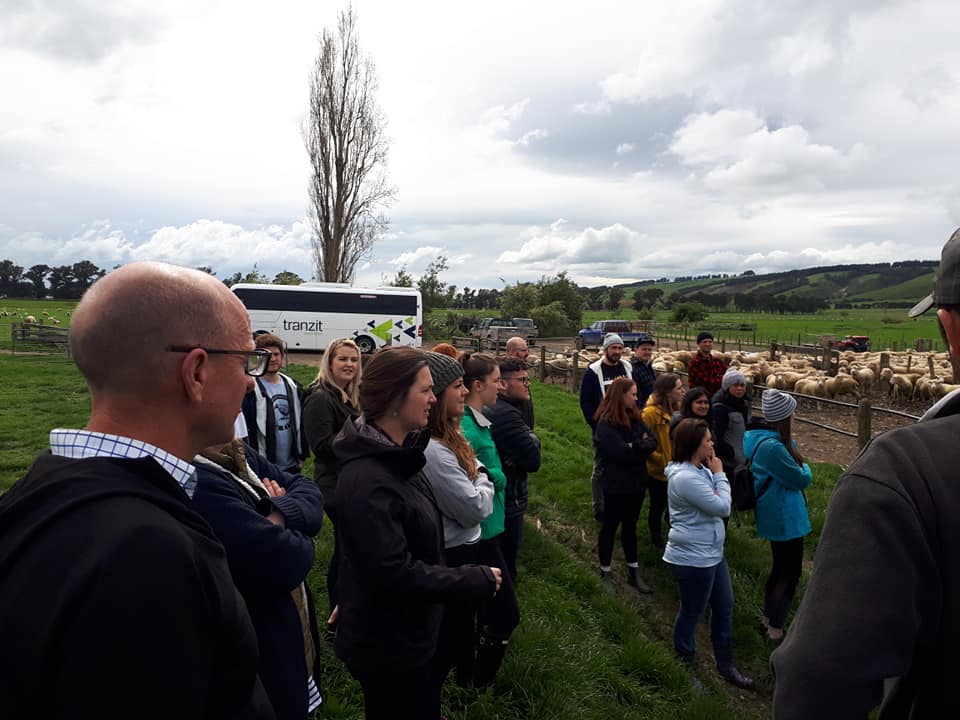
Executive summary
This report explores the evolving landscape of gene technology in New Zealand, focusing on the implications of genetic modification (GM) and the New Breeding Techniques (NBTs) for the agricultural sector. Gene technology has revolutionized agriculture globally, offering solutions for pressing challenges such as food security, climate change mitigation, and sustainable farming practices. However, in New Zealand, stringent regulation has limited the adoption of gene technologies in agriculture, creating a complex environment where scientific potential must be balanced with environmental and public concerns.
The research analyses New Zealand’s current regulatory framework, governed by the Hazardous Substances and New Organisms (HSNO) Act. In contrast to global practices where GMOs are widespread, New Zealand’s stringent regulations make it a laggard in gene technology adoption. Recent discussions about potential updates to the regulations reflect a shift towards a more adaptive approach, potentially opening opportunities for New Zealand to capitalize on gene technology while maintaining an acceptable balance with environmental, health, and ethical risks.
The report breaks down the distinctions between GMOs and gene-edited organisms, presenting an overview of different techniques, regulatory challenges, and the limitations of existing laws. A significant focus is placed on understanding public perception, including insights from the Māori perspective, emphasizing the cultural considerations.
Case studies highlight the practical applications of gene technology in agriculture worldwide and offer comparisons to current practices in New Zealand. Benefits such as improved crop resilience, economic gains, and contributions to climate change mitigation are described along with potential environmental and health risks.
The report concludes by outlining the potential of gene technology to support New Zealand’s agricultural prosperity while ensuring that the regulatory framework evolves to balance innovation with caution. The findings aim to support informed decision-making among New Zealanders regarding the future of gene technology in their agricultural systems.
Juan Giacomozzi




